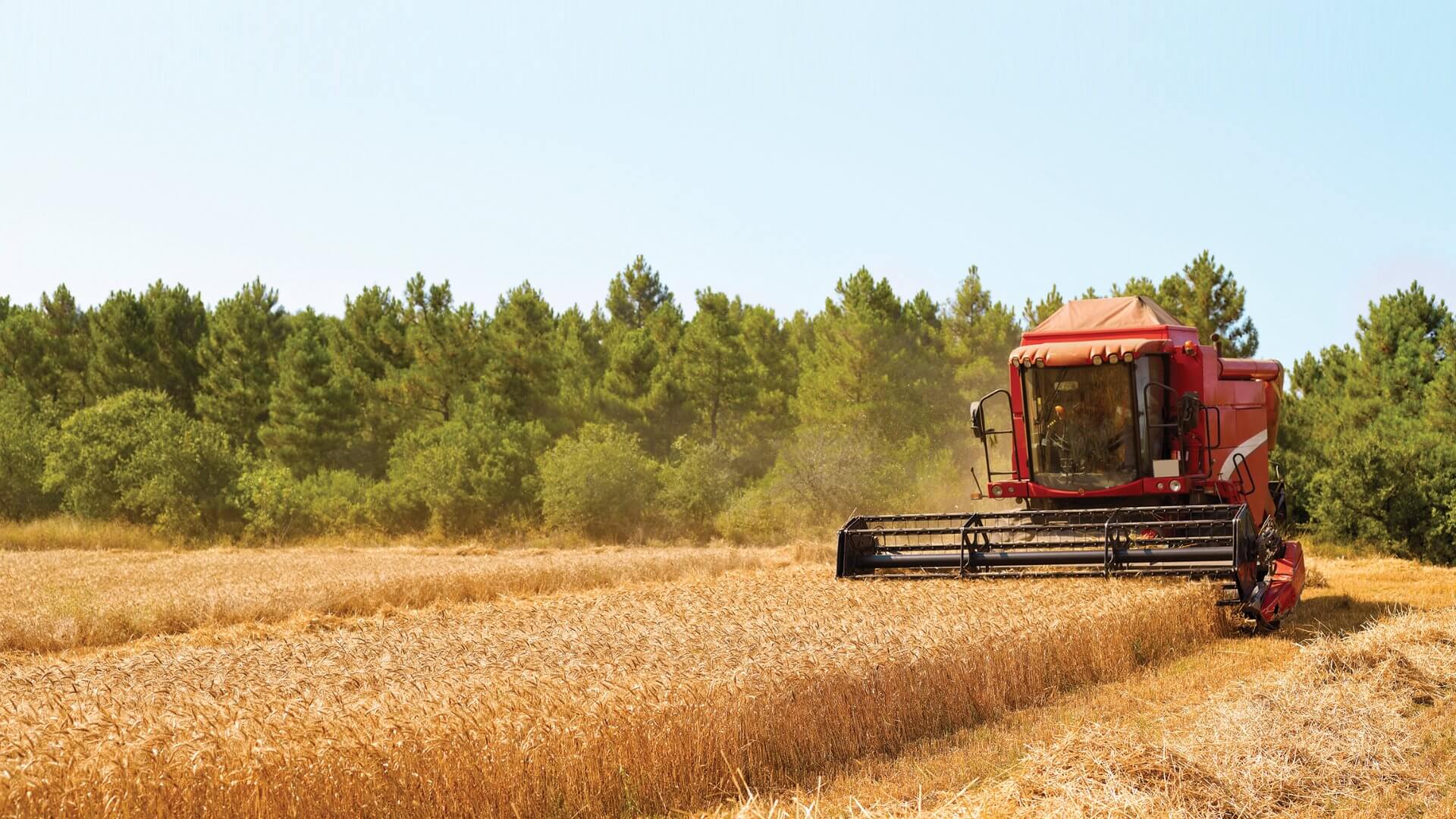
As we observe National Farm Safety and Health Week, we emphasize the importance of farm electrical safety to protect lives and ensure a sustainable future for our farming communities. Here are some essential measures that farmers and agricultural workers should follow:
Regular electrical system inspections
Conducting routine inspections of electrical systems, wiring and equipment is crucial. Identifying potential hazards early can prevent accidents and ensure the smooth operation of electrical infrastructure.
Proper grounding
Ensure that all electrical equipment is properly grounded to prevent electrical shocks and fires. Proper grounding provides a path for electrical currents to dissipate safely, minimizing the risk of accidents.
Training and education
Farmers and workers should receive comprehensive training on farm electrical safety. Understanding how to handle electrical equipment safely, recognizing warning signs and knowing what to do in case of emergencies can save lives.
Electrical safety equipment
Always use appropriate personal protective equipment (PPE) when working with electrical systems. Insulated gloves, safety glasses and flame-resistant clothing can provide vital protection.
Prevent overloading
Avoid overloading electrical circuits and outlets. Overloaded circuits can lead to overheating and potential electrical fires.
Weatherproofing
Ensure all outdoor electrical outlets and equipment are properly weatherproofed to prevent water damage and potential electric shocks.
Proper equipment storage
When equipment is not in use, store it properly in a dry and secure location. Protecting electrical equipment from the elements can extend its lifespan and prevent malfunctions.
Stay put
If your equipment makes contact with an energized or downed power line, contact Dakota Electric immediately and do not exit the equipment until the power line is de-energized.
Call your co-op
Never attempt to move a power line to clear a path. If they have sagged over time, call Dakota Electric to repair it.


